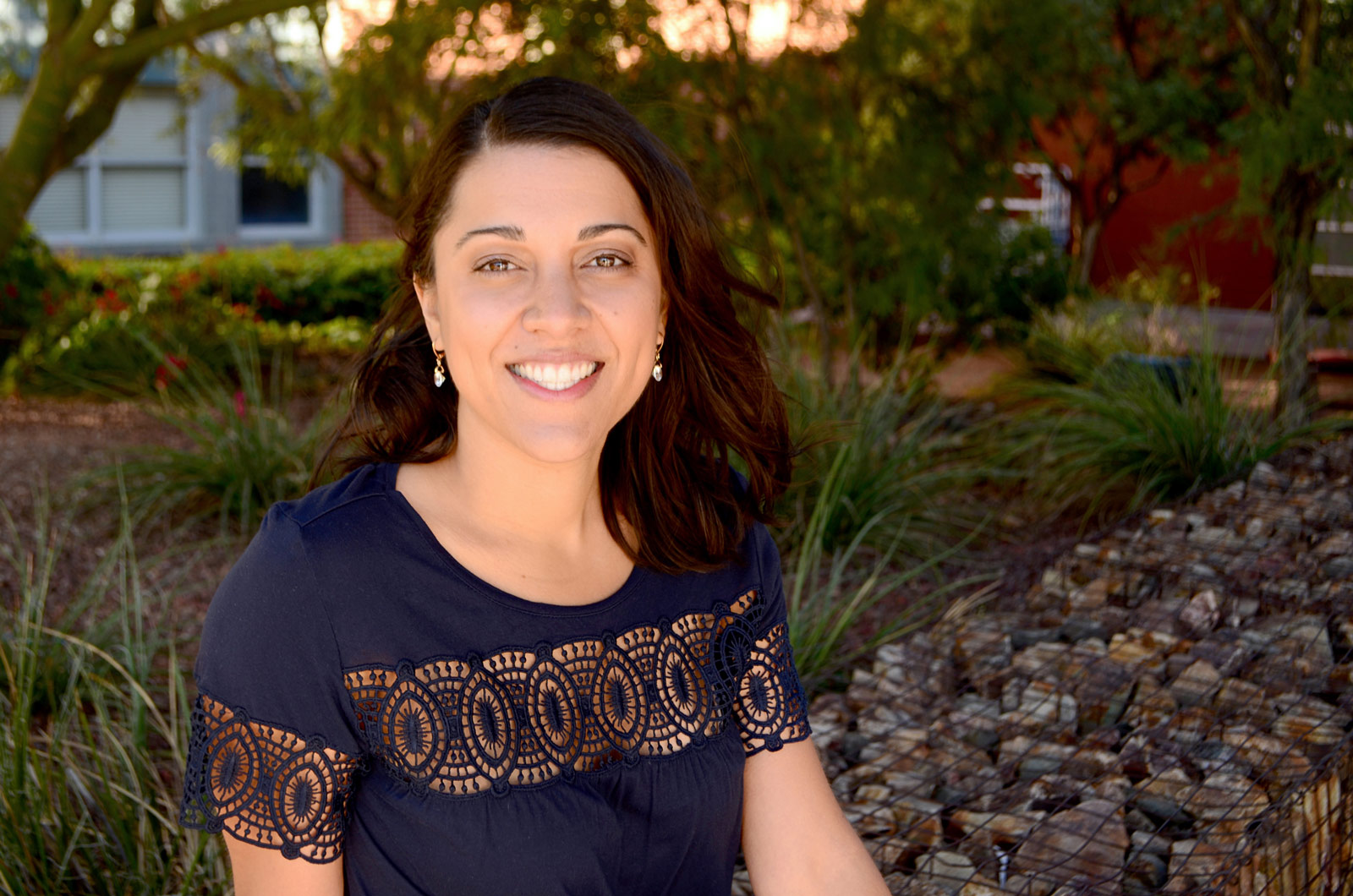
Sara Balram Knutson
Science Operations Lead Engineer - University of Arizona, Tucson
This short Q&A was featured in a Nov. 19, 2018 article introducing a selection of people who work on the OSIRIS-REx mission to explore asteroid Bennu.
Expertise: Aerospace Engineering
Hometown: Vacaville, California
My dad was in the Air Force, so I grew up being a bit of an airplane nerd. When I was in high school, I really liked math, science, and anything having to do with flight. I looked for a field where I could combine all those interests and I found aerospace engineering. It was a challenge, but it was a lot of fun. I’m so glad I did it. After college, I decided to pursue a master’s in systems engineering because I like looking at a mission as a whole and finding ways to fit together all the pieces: software, hardware, people and schedules.
I work with the Science Operations team to translate the mission science plan into actual commands that are uplinked to the spacecraft. Let’s say we need to take images of an area around Bennu so the scientists can understand if there are active dust plumes coming off the asteroid. My team then works with the imaging team to come up with the appropriate and safe way to operate the camera. Then we code the actual commands that tell the spacecraft to turn the camera on, take some calibration data, and then point to an area of interest and capture the images. I oversee all of that and keep the wheels going. In a given day, I can be involved in anything from producing schedules to writing code to verifying that what we’ve built is safe to run on the spacecraft.
I have been doing that more. My dad follows this mission really closely. When we have our phone calls on the weekends, I give him the inside scoop: ‘This is what’s happening this coming week, this is what we’ll be looking for, we’re turning on this instrument.’ He’s always really excited to be one of the first people to hear about what’s happening next.
It definitely feels like a family member. You often think to yourself, ‘I wonder what’s going on with OSIRIS-REx today?’ It becomes very much a part of your daily routine to think about it. I often know what activities are on the spacecraft’s schedule before I know what my own day looks like.
OSIRIS-REx is NASA's first asteroid sample return mission. It is exploring a near-Earth asteroid called Bennu (formerly 1999 RQ36), and bring a sample of that small world back to Earth for study.
Planetary science is a global profession.


